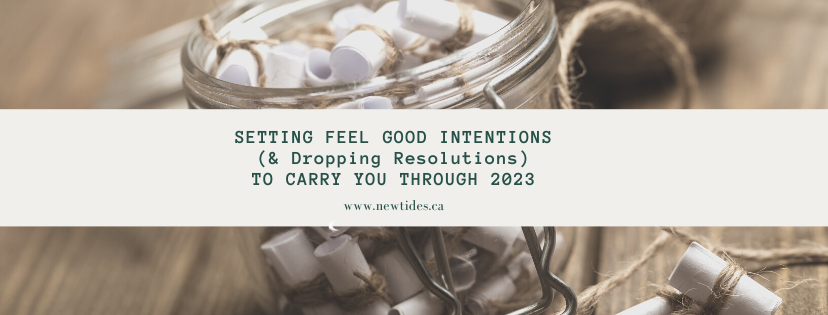So often when we feel angry or someone in our lives blows up at us, we may need to look beneath the surface to know what's really going on. Anger is most functional and makes the most sense when our survival is threatened. There are times when anger may bubble up to the surface, be warranted and make evolutionary sense. (ie. When we feel like our lives are at stake, when we need to assert a boundary or defend ourselves such as when someone physically threatens us or maybe even a squirrel steals our food).
In fact, anger is often in place to cover up or take the place a host of other emotions that accompany anger, which sometimes are more challenging or more vulnerable for us to feel. Typically, the more we suppress the emotions more closely connected to what happened, the more angry we will feel. Often, a 'primary' emotion will be our first reaction, but if it is difficult for us to feel, anger can come along and cover it up (to protect us!), sometimes before we even know it.
For example, if someone asks how you’re doing, or if you need help, support, sadness, or other vulnerable emotions might be difficult to land in, and anger might arise automatically rather than admitting how you really feel! You may also respond with anger if you’re expecting yourself to be doing just fine when you are indeed struggling. In these cases, your response might sound something like, “Of course I’m fine, stop bothering me”.












